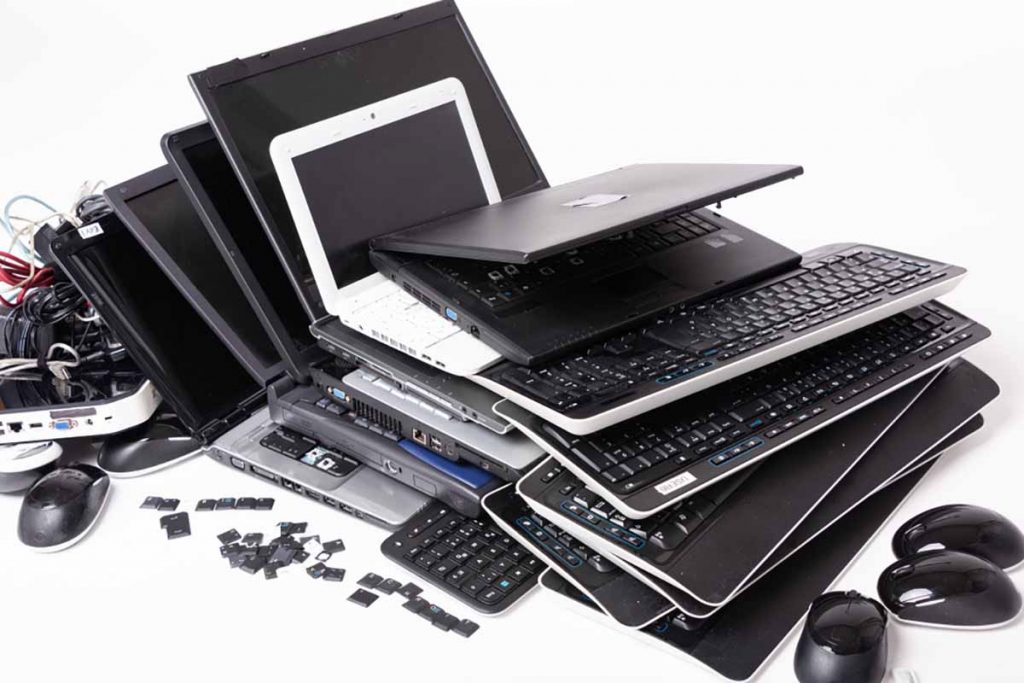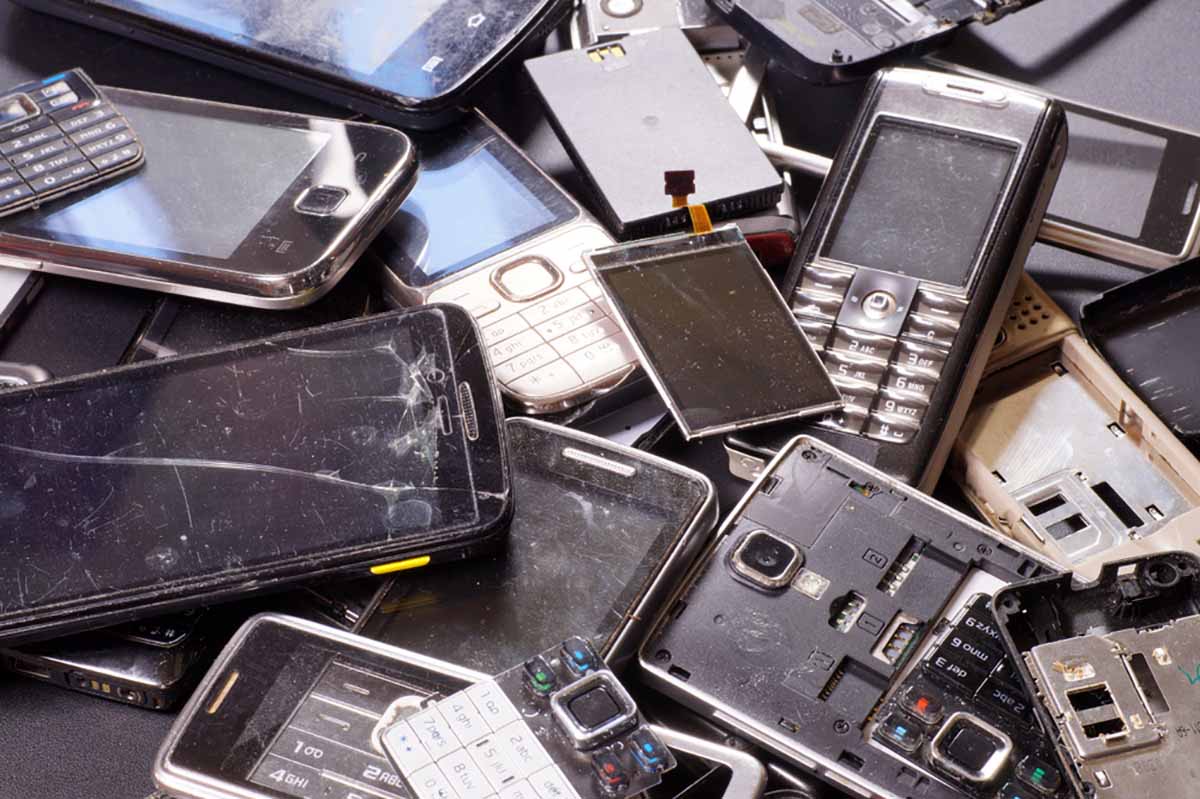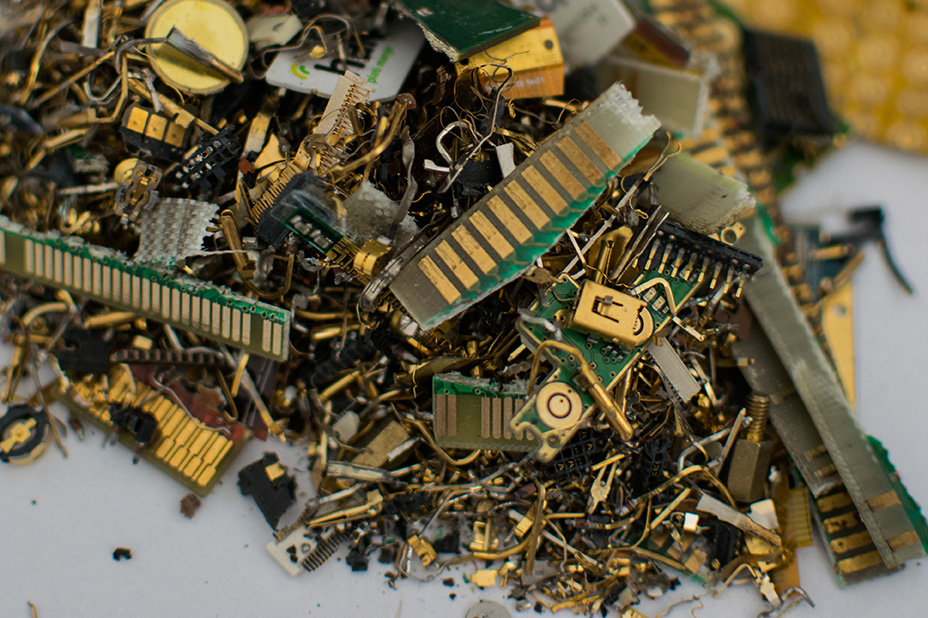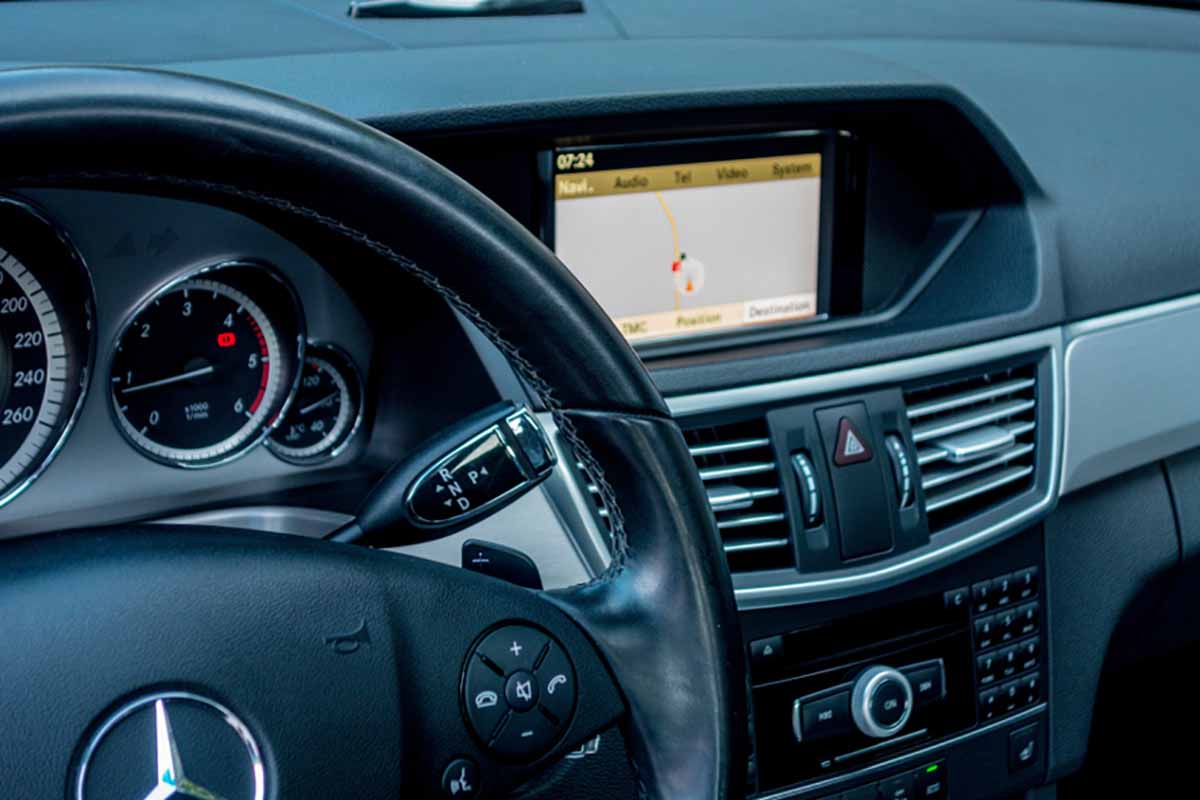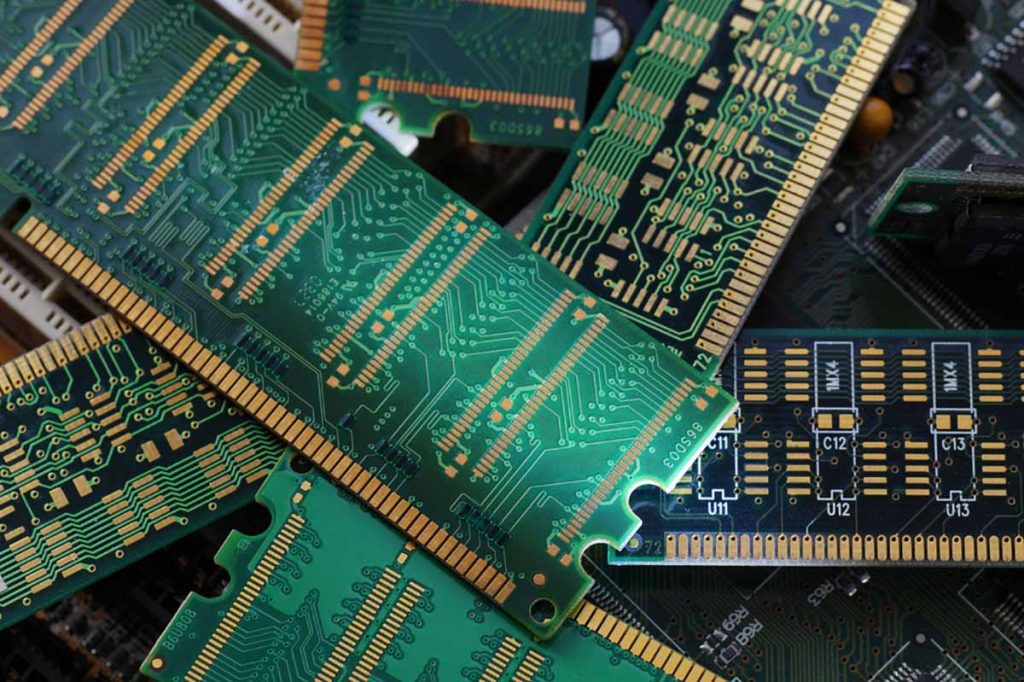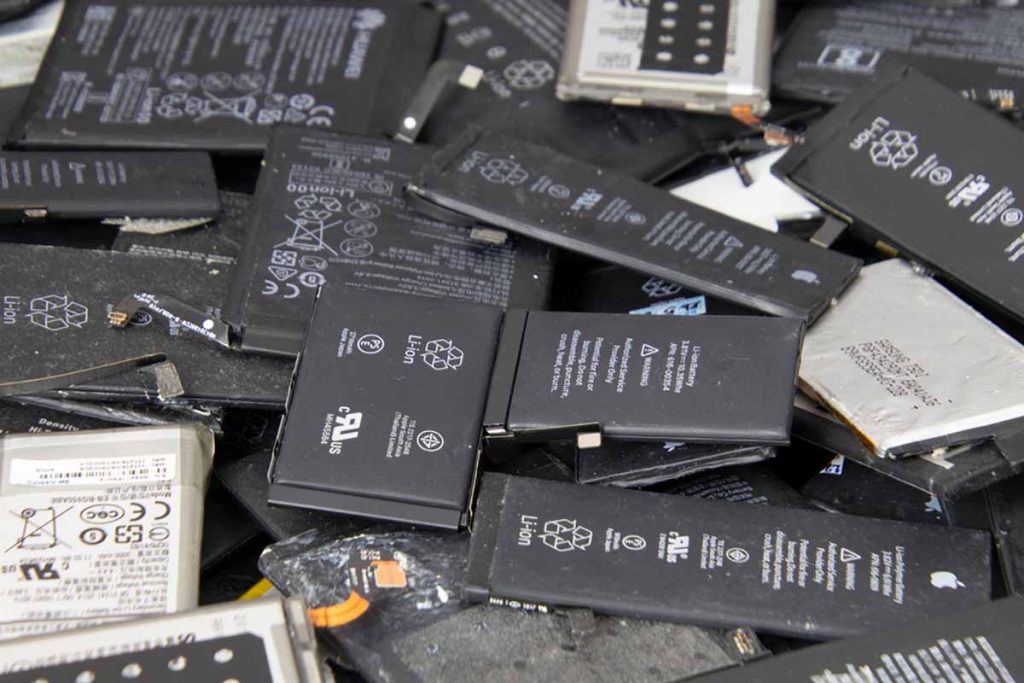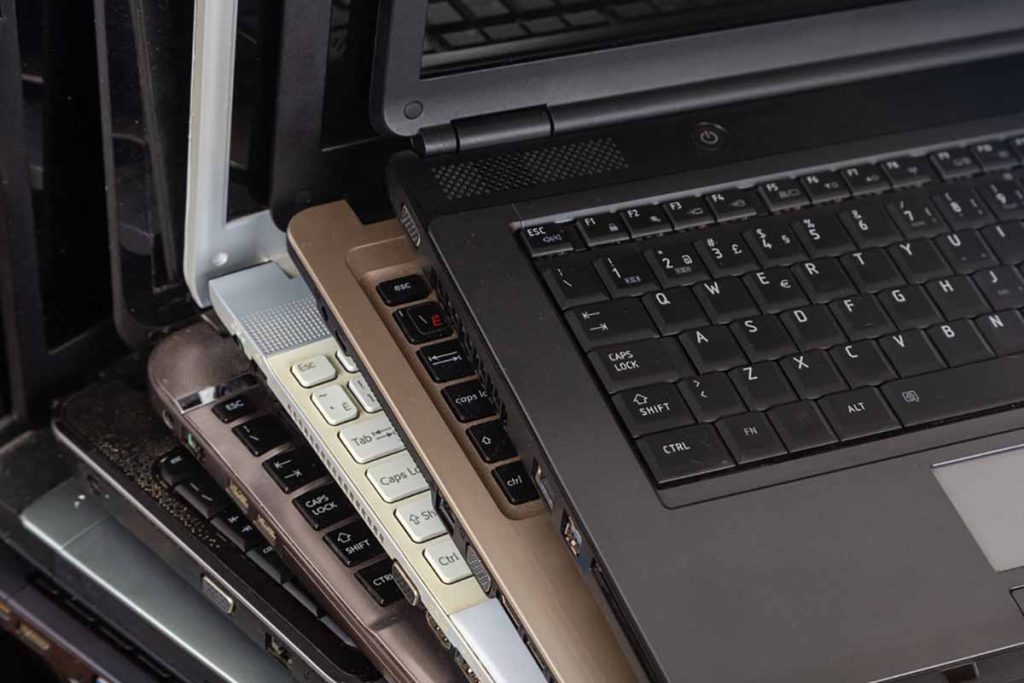
TES processes about 3 million electronic devices per year through its ITAD operations, which serve a variety of commercial clients. | dasytnik/Shutterstock
TES recently launched a device return program in collaboration with UPS, a response to office employees working from home during the COVID-19 pandemic.


 Colin Staub was a reporter and associate editor at Resource Recycling until August 2025.
Colin Staub was a reporter and associate editor at Resource Recycling until August 2025.